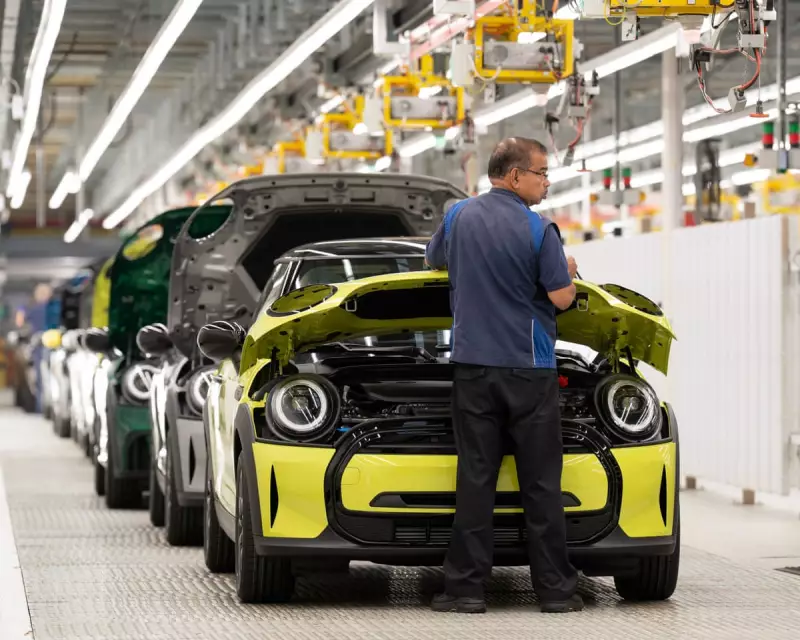
Britain's automotive giants are on course for multi-million pound fines after falling drastically short of crucial electric vehicle sales targets, new industry figures reveal.
The Society of Motor Manufacturers and Traders (SMMT) has issued a stark warning that manufacturers missed the government's Zero Emission Vehicle (ZEV) mandate for 2024, which required 22% of new car sales to be zero-emission.
Official data shows pure electric cars accounted for just 21.1% of the new car market in the first half of 2025, creating a significant deficit that the industry is struggling to overcome.
Financial Penalties Loom for Manufacturers
Under the stringent ZEV mandate rules introduced last year, car makers face fines of £15,000 for every non-compliant vehicle sold. With hundreds of thousands of conventional cars still being sold, these penalties could reach astronomical sums, potentially crippling some manufacturers' UK operations.
Mike Hawes, chief executive of the SMMT, described the situation as "extremely worrying" for the industry. "Manufacturers are investing billions in electrification, but market demand isn't keeping pace with regulatory requirements," he stated.
Industry Calls for Government Intervention
The automotive trade body is urgently calling for government action to stimulate consumer demand. Key recommendations include:
- Reinstating financial incentives for private EV buyers
- Accelerating the rollout of public charging infrastructure
- Reducing VAT on public charging to match home electricity rates
- Implementing a nationwide communication campaign about EV benefits
"We need policies that encourage consumers to make the switch, not just penalties that punish manufacturers," Hawes emphasised.
The Road Ahead: Tougher Targets Coming
The situation is set to become even more challenging as the ZEV mandate targets increase annually, rising to 28% for 2025 and 80% by 2030. Industry analysts fear that without significant intervention, the gap between targets and actual sales will continue to widen.
This development comes amid broader concerns about the UK's transition to electric vehicles and whether the necessary infrastructure and consumer incentives are keeping pace with ambitious government regulations.





